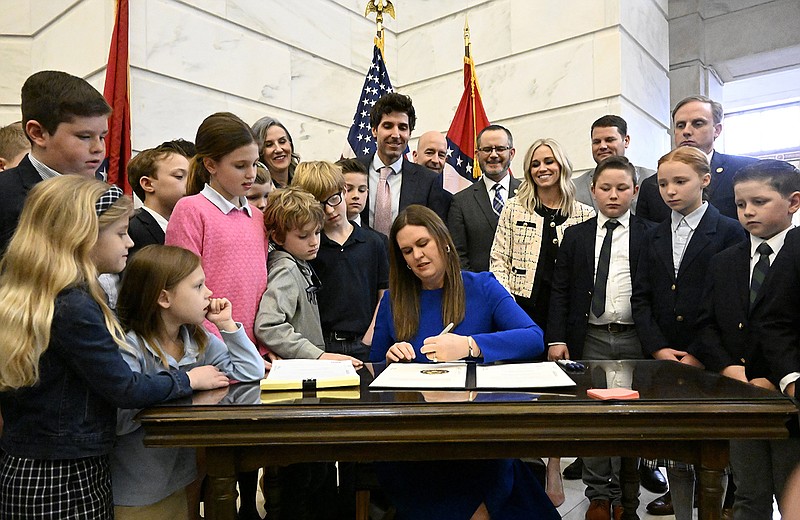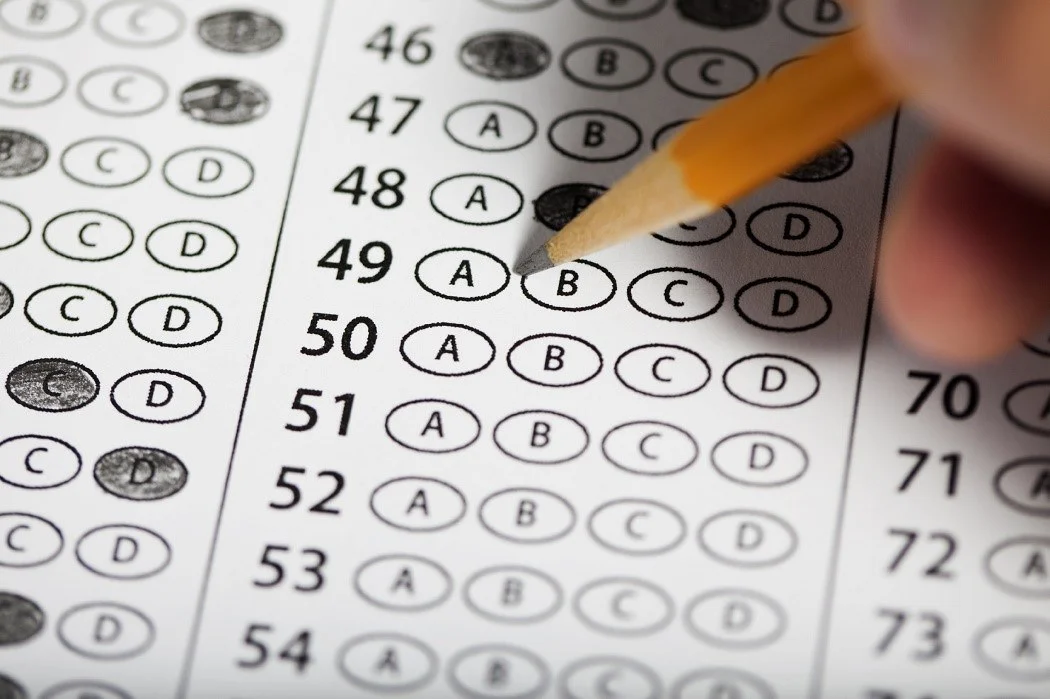In March of 2023, Arkansas Governor Sarah Huckabee Sanders signed Senate Bill 294, more commonly known as the LEARNS Act, into law. LEARNS stands for literacy, empowerment, accountability, readiness, networking, and safety. This act flipped the Arkansas education system upside down. There are many parts of the act, including raising teacher pay, providing private education vouchers, and making literacy improvements.
The LEARNS Act raised new teachers’ salaries from $36,000 to $50,000. Veteran teachers received a $2000 raise. Teachers who demonstrate exceptional performance may receive a $10,000 bonus; however, some teachers see a fundamental problem with this. Southside High School teacher Kristi Waller says, “Salary raise for new hires is a good thing but how do you leave out substantial raises for your veterans who are the backbone of the schools.” Pay raises are not the only change for teachers. The Teacher Fair Dismissal Act was passed in 1983 and ensured due process before a school district dismisses a teacher. LEARNS did away with this.
Another component of the LEARNS Act is “Career Ready Pathways.” As some people move away from traditional collegiate-level education, Career Ready Pathways helps prepare them for futures in fields like mechanics or agriculture. Even though there is a push away from collegiate-level education, LEARNS still puts a significant emphasis on academics, particularly literacy. According to Wisevoter, Arkansas ranks 40 out of 50 in the nation for literacy. The LEARNS Act aims to change this through higher set reading score standards and vouchers for students to get one-on-one tutoring if needed.
The LEARNS Act incorporates Educational Freedom Accounts or EFAs. EFAs use taxpayer dollars to provide vouchers for private school tuition, fees, and other costs. EFAs aim to allow children to choose their school regardless of zip code. However, this concerns some citizens as they believe EFAs neglect existing public schools. “I believe the voucher system hurts public schools. Stop taking money from public schools to go to your charter schools. Step in the schools you deem ‘in trouble’ and work to fix the issue.” says Waller. Others worry that their tax dollars go, in essence, toward private school education. As a newly turned eighteen-year-old, Katherine Marcotte says, “I think that we need to keep our public schools strong and pay for the education I have been given to future generations.”
Another topical issue the LEARNS Act addresses is CRT or Critical Race Theory. Critical Race Theory is the teaching that racism is prevalent in Western society and legal and social institutions. The LEARNS Act bans Critical Race Theory from being taught. It also prohibits government employees and contractors from promoting Critical Race Theory.
The LEARNS Act, in its 145 pages, covers many areas of educational legislation. Because of this, reception may vary not just from person to person but from issue to issue. Some people believe the LEARNS Act lacks teachers’ perspectives. “A teacher is not a miracle worker – yes, they can encourage, help, be their person to talk to, but they cannot fix what is at home or other issues,” says Waller. To best reform education, Arkansas legislation may consult teachers more on how different issues hurt and help them.













